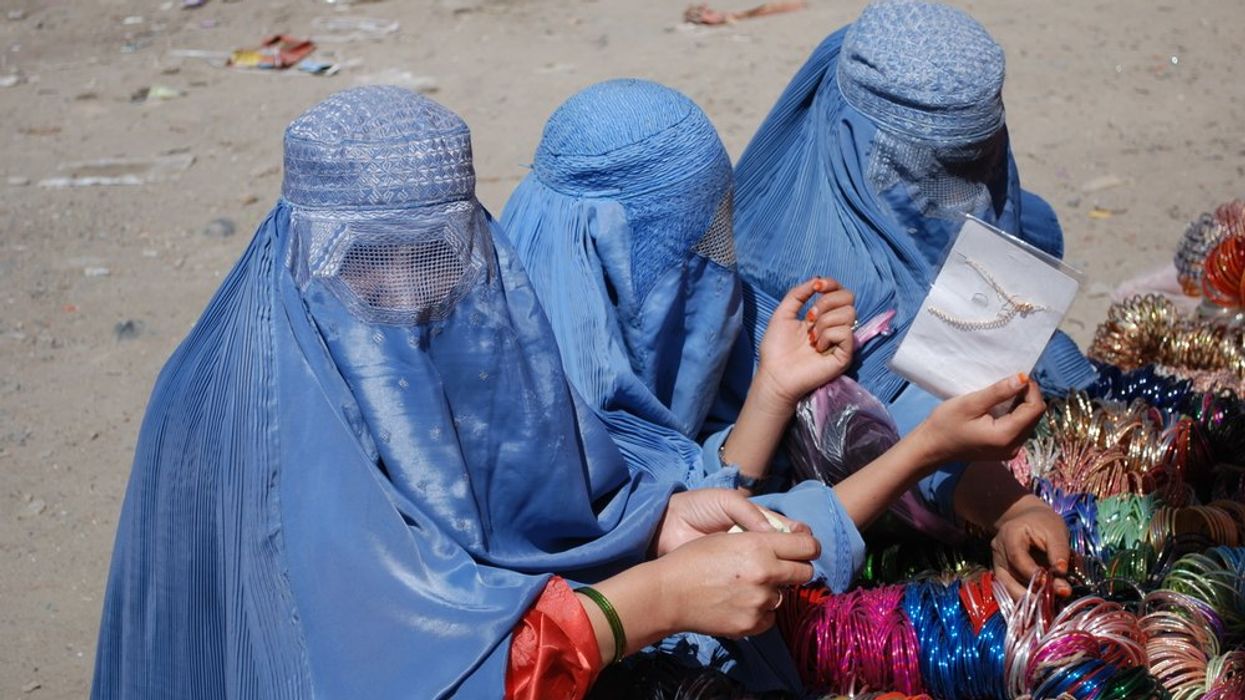After a brutal crackdown on women's rights by the Taliban, the United Nations is warning of conditions that "could amount to femicide."
“We are alarmed about widespread mental health issues and accounts of escalating suicides among women and girls,” they said in a joint statement, following an eight-day visit to the country. “This extreme situation of institutionalized gender-based discrimination in Afghanistan is unparalleled anywhere in the world.”
Ever since the Taliban took control in 2021, their rules have become “deeply engrained in society and even normalized," as the government has been “ruling through the most extreme forms of misogyny." However, the report notes that the restrictions "appear not to be shared by the vast majority of Afghans.”
One of the women researchers spoke to said: “We are alive, but not living."
Under the Taliban, women have been barred from attending school past sixth-grade, can only be treated by women doctors, and cannot work for non-governmental organizations, including the UN. Women are also segregated from men in all public spaces, and subject to detention for “moral crimes” under extreme “modesty rules”
“Numerous women shared their feelings of fear and extreme anxiety, describing their situation as a life under house arrest,” the report continues. “We are also particularly concerned by the fact that women who peacefully protest against theseoppressive measures encounter threats, harassment, arbitrary detentions, and torture."
Researchers noted that government policies have contributed to a spike in violence against women, including surges in forced marriages and child marriages. Women leaving abusive households no longer receive aide, as assistance programs have been defunded.
“These acts do not occur in isolation,” they cautioned. “If we are to eliminate discrimination and break cycles of violence, gender justice requires a holistic understanding as to why such violations are committed.”
The United Nations said that the world "cannot turn a blind eye" to the ongoing human rights violations in Afghanistan, and that “the broader phenomenon of gender apartheid” must be addressed as a "system of discrimination, segregation, humiliation, and exclusion of women and girls."



















































